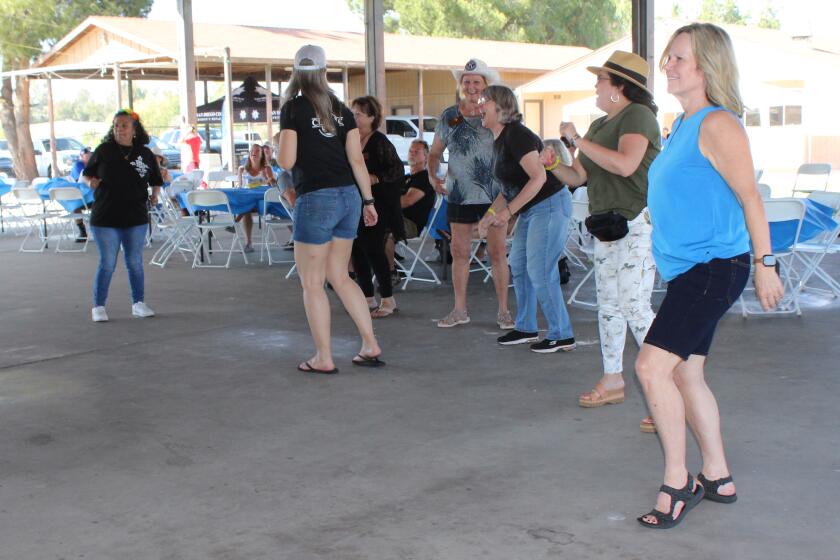Is history repeating itself?
By Darrell Beck
“Bread and Circuses” was a term that came about to describe the demise and fall of the mighty Roman Empire. Beginning as the Roman Republic about 750 BC, it expanded its political and military control over a vast region including all land around the Mediterranean Sea in Africa, Asia and Europe.
But the republic began to destabilize due to internal strife and civil wars, resulting in Julius Caesar declaring himself perpetual dictator in 44 BC, thus the Roman Republic transformed into the autocratic Roman Empire.
As the empire began growing more and more authoritarian, the Caesars found that to maintain control and conceal their escalating corruption they must pacify the people by distracting the masses by literally giving them bread and circuses. History reveals that the Caesars first provided grain to feed and pacify the people (bread), then they built great coliseums where spectacular events were staged (circuses) to entertain the people by keeping them preoccupied, thus gaining favor for the Caesars and the ruling class.
The diversions are said to have begun with athletic events, circuses and chariot races. When the people tired of this triviality, gladiators, slaves, lions and Christians were brought in, all battling in bloody events to entertain the folks. As the Romans became more dependent on bread and circuses, each new Caesar found it necessary to provide even greater and more spectacular orgies. Near the end of the Roman Empire, it is said they flooded the coliseum, brought in sailing ships and fought mock sea battles for the pleasure of the people.
When the Caesars had run out of distractions and had devalued the coin and emptied the treasury, losing favor with their legions and the masses, the end was growing near. It’s likely that many of the people had become apathetic as leisure and idleness had replaced enterprise and vitality.
Perhaps the people had become too comfortable and forgotten their roots. Or maybe their natural instincts of common sense and self-reliance had vanished through decades of dependence on government.
It’s believed that many Romans had accepted the notion that the government was their redeemer and provider and became revered much like a god. But the government had run out of other people’s money and was broke. It could no longer provide for the people, and many of the people knew not how to provide for themselves.
The Caesars had overextended the military, overtaxed and over regulated the citizens, lost control of their borders and vast territory and debased their currency by creating enormous debt to placate and control the masses in order to remain in power.
Most of the Romans had probably ignored, or had never realized the obvious truth — what government gives, government can take away. As a result, rebellion, corruption, vice and decadence eventually gripped the empire due to the deteriorating and changing lifestyle of Roman society. Outside forces quickly sensed the weakness and vulnerability of the self-serving leaders and the helpless folks.
Because the empire was immersed in internal decay, it was easily invaded by barbarians, Visigoths and vandals. Finally the idle and dispirited nation, and the once mighty Roman Empire, collapsed under its own weight and the onslaught of the invaders.
Today, if we should dismiss our daily diversions and pleasures and contemplate how America is being “fundamentally transformed” into a new age “progressive” movement of growing dependence on government; of immorality and political correctness; of radical environmentalism and global warming scams; of open borders, welfare corruption and food stamp reliance; and of staggering debt created by a lawless government seeking “social justice” and “income equality” through redistribution of wealth, socialized “health care” and federalized “education,” we must ask ourselves — could history be repeating itself with a new era of bread and circuses and, if so, are Americans doomed to their own downfall as were the Romans?
Perhaps an answer to that question lies in the words of the Roman satirist and poet, Juvenal (circa 100 AD), who wrote (as translated from Latin): “Already long ago, from when we sold our vote to no man, the people have abdicated our duties: for the people who once upon a time handed out military command, high civil office, legions — everything, now restrains itself and anxiously hopes for just two things: bread and circuses.”
Darrell Beck is a Ramona resident.




